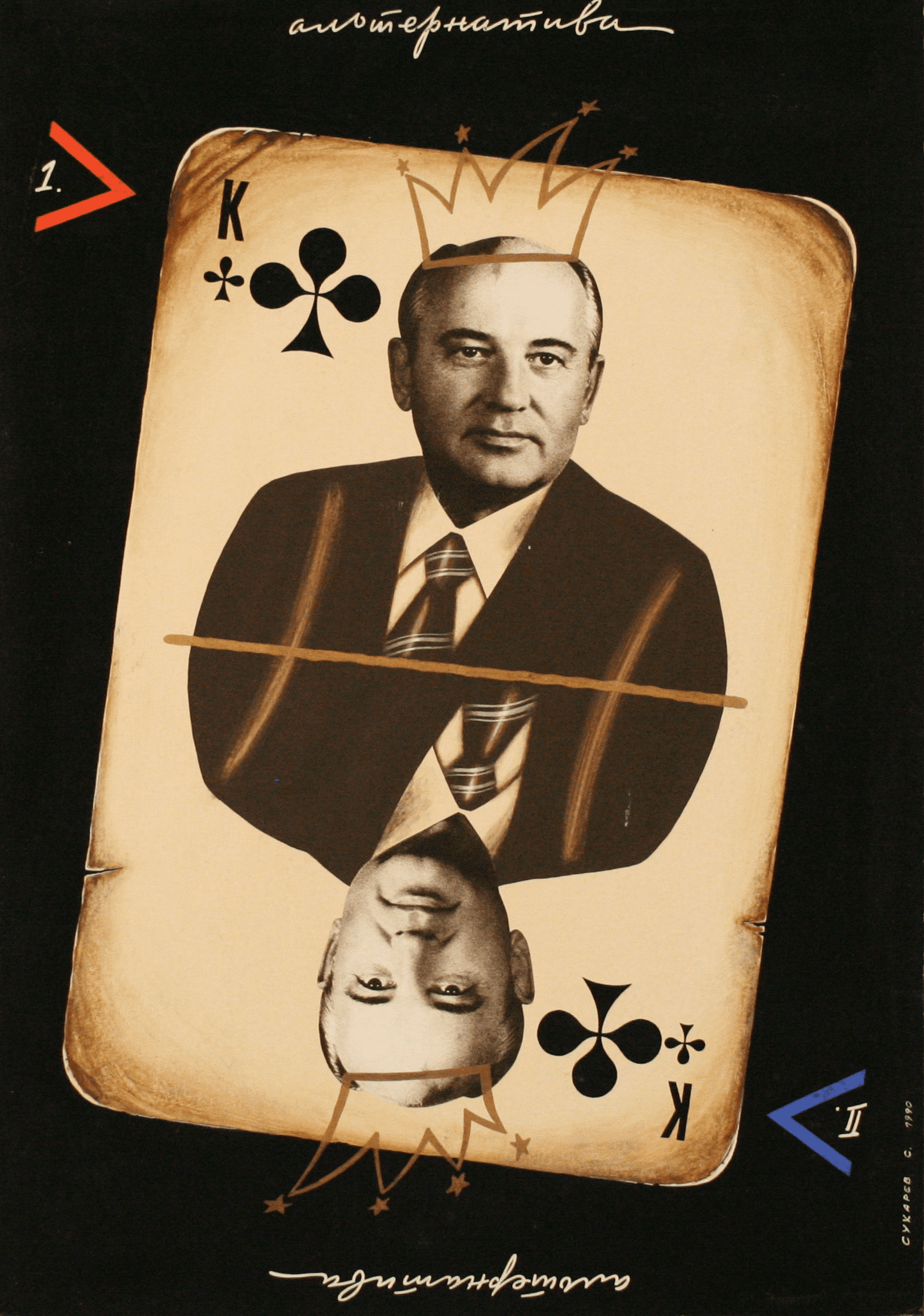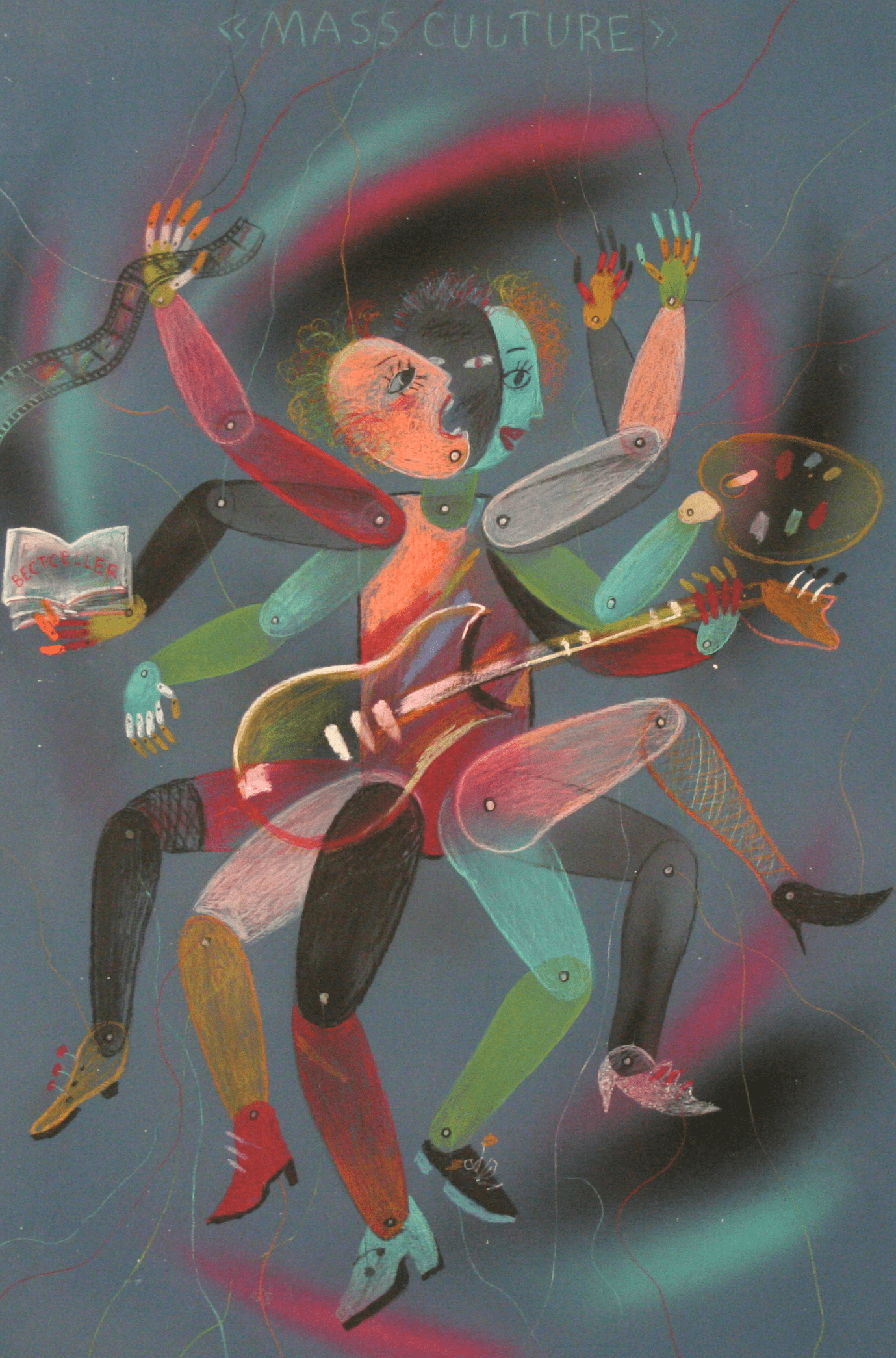Baltic Modernist Cinema: Between Imaginary and Real is a free online film series presented by Anthology Film Archives until June 8. Devoted to the Baltic cinema of the 1960s and 1970s, the series showcases three films each from Latvia, Lithuania, and Estonia.
Traditional accounts of world cinema of this era invariably emphasize filmmakers’ newfound experimentation with the conventions of their medium, and their increasing exploration of subjectivity, self-referentiality, abstraction, and radical new approaches to storytelling. This type of cinema found its place in the Baltics too, where a group of directors broke with the dominant conventions of filmmaking that had previously held sway. During the second half of the 20th century, Lithuanian, Latvian, and Estonian filmmakers, many of whom graduated from the Gerasimov Institute of Cinematography, aka VGIK, left their mark on the history of modernist European cinema, echoing the uncompromising film style of the various global “New Waves” and, at the same time, implicitly reflecting the cultural specificity of the Baltic states incorporated into the Soviet Union.
Due to the Iron Curtain, Baltic films would rarely reach Western screens. While certain Soviet film auteurs have been much celebrated in the U.S. and around the world, the Baltic filmmakers of the era have remained virtually unknown. This series aims to remedy that situation, by showcasing nine feature films—ranging from allegorical fictions to realist visions of the everyday—by the most renowned Baltic film directors of the period. Each broke with the dominant conventions of filmmaking that had previously held sway and left their respective marks on the history of modernist European cinema.
Read more about the films at anthologyfilmarchives.org.
—
Virtual Film Picks are inspired by the in-person Friday Night Films at the Wende program series. This selection is part of a curated list of weekly movie suggestions that can be watched at home, in conjunction with #WendeOnline.








